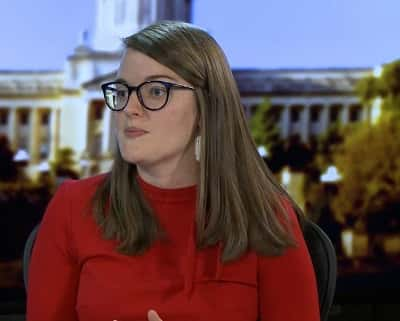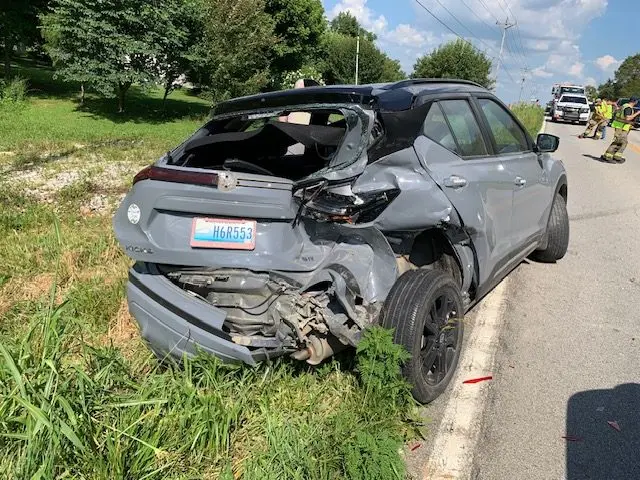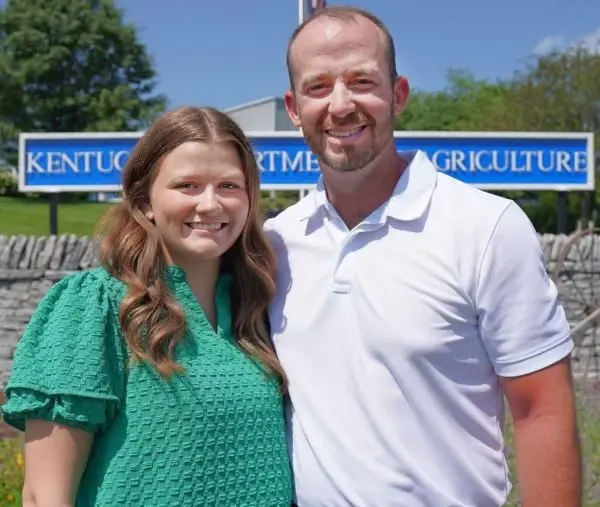
Like many across the state, I have been working with my colleagues to review the opinion issued by the Kentucky Supreme Court regarding a governor’s authority in a state of emergency.
The court ruled unanimously in favor of the Governor. We all agree that any governor needs the proper authority to act during a time like this; however, do emergency powers created to address short-term problems really properly apply to a pandemic expected to last months if not years?
The Court’s opinion proves the need to better define emergency powers that were granted by previous legislatures, and we are certainly looking at what can be done when we convene in January. Until then, I hope the Governor will recognize the need to work with the legislature and accept our help.
Without a doubt, our top priority in the 2021 Session will be crafting a responsible one-year budget – a difficult task in a good year but far more difficult when we do not know how much money we will have to invest.
It is also likely that we will have to reopen the current year’s budget to prioritize spending. Because of the pandemic’s forecasted impact on our revenue, we adjusted and passed a one-year budget for the 2020 fiscal year that kept funding flat for state agencies and programs. We also went back and made cuts to the fiscal year we were in and required that any extra money be placed in Kentucky’s “rainy day” savings account.
Last week, the Interim Joint Committee on Appropriations and Revenue heard a report from the Governor’s budget director on the unofficial revenue forecast for 2021. He told members to expect a General Fund shortfall of $99 million and a Road Fund overage of $9 million.
In October, the General Fund rose 3 percent compared with last October. Sales tax receipts grew 6.3 percent last month and were up 5.1 percent for the first four months of the fiscal year. We expect the Governor to bring his budget requests to us in the first week of January, and we will continue to monitor all of this as we prepare to craft our spending plan.
Members of the Interim Joint Committee on Education met last week and discussed pre-filed bills to address low scores from standardized tests used to measure our students’ learning. The many challenges facing schools because of the pandemic have made learning harder as students, families, and teachers struggle with some combination of virtual learning, in-person classes, and non-traditional instruction.
In 2018-2019, Kentucky was ranked 23rd in the nation in literacy based on fourth grade reading results, and 33 percent of Kentucky students scored below the basic level on the fourth grade reading assessment. Many believe that current accountability tests do not provide information that educators can really use to determine what areas need the most work.
Kentucky currently requires more testing than the federal government. Research shows that 16 percent of students not reading proficiently by the end of third grade do not graduate high school on time, which is four times higher than the rate of those who are proficient. This rate rises to 26 percent for students who live in poverty, 25 percent for African American and Hispanic students, and nearly one-third for African American and Hispanic students who live in poverty.
Our students need the tools to help them achieve so that none are educationally left behind. Education is the first step to gain the knowledge, critical thinking, and other skills necessary to have a healthy and prosperous life.
Members of the Substance Use Recovery Task Force learned about Kentucky recovery programs’ success and new methods of treating substance use disorder.
Kentucky has been on the frontline of the opioid epidemic for some time, but thanks to community recovery programs and considerable investment, we are gaining ground and making progress. Through physician training and recent federal actions, treatment for opioid use and substance use disorder is becoming more available.
More than 130,000 youth have participated in prevention programs, which has been a massive bonus in fighting addiction before it starts. These school-based prevention programs, and other community training programs, have been an integral component to cutting off the opioid crisis at its knees.
I am glad this committee is taking the time to examine what is working across our state so that the General Assembly can partner with organizations and communities to help those struggling with substance use disorder.
The Kentucky Transportation Cabinet gave the Interim Joint Committee on Transportation an update on the recent truck collision and fire on the Brent Spence Bridge in northern Kentucky. Officials say a truck hauling potassium hydroxide crashed into a jackknifed truck on November 11.
Thankfully, no injuries were reported from the incident, but the damage was severe, and it looks like this major connector between our state and the Midwest will be closed for at least a month and up to three months.
As your representative here in Frankfort, I am always available to discuss your concerns, policies, or issues facing our community. I can be reached through the toll-free message line at 1-800-372-7181, and you can contact me via e-mail at Sanara.Heavrin@lrc.ky.gov. You can also keep track of committee meetings and potential legislation through the Kentucky legislature’s website at www.legislature.ky.gov.
Rep. Samara Heavrin








